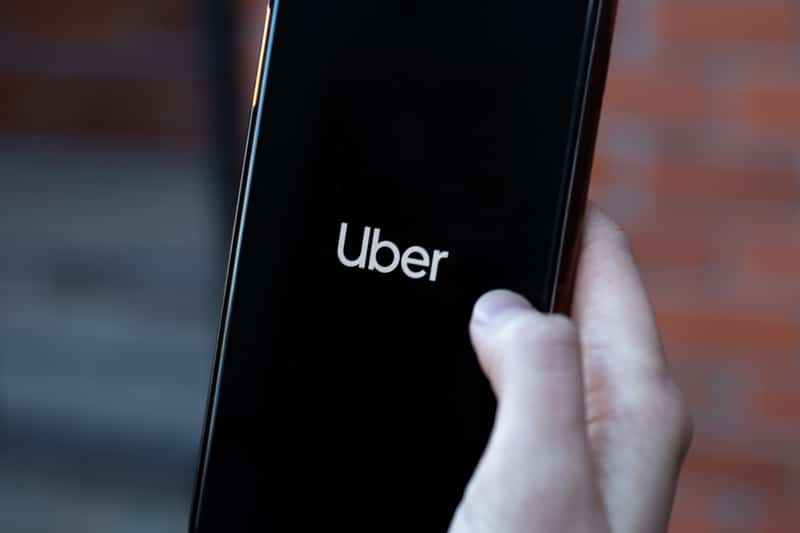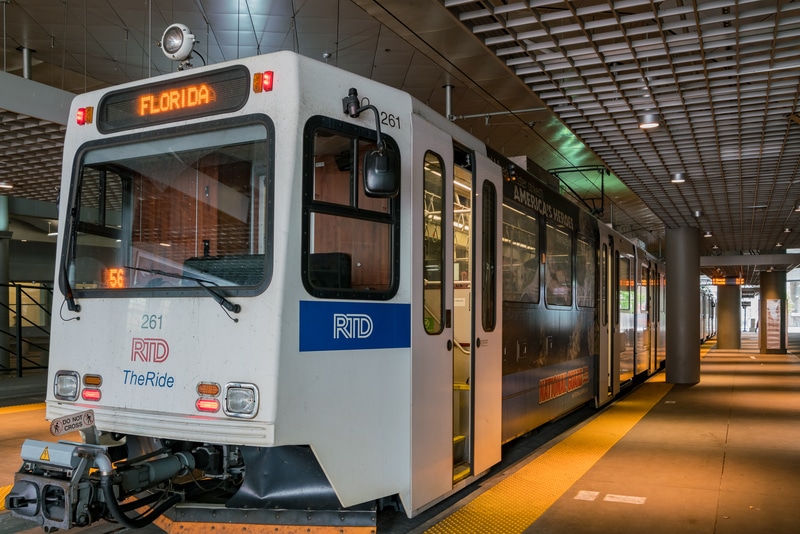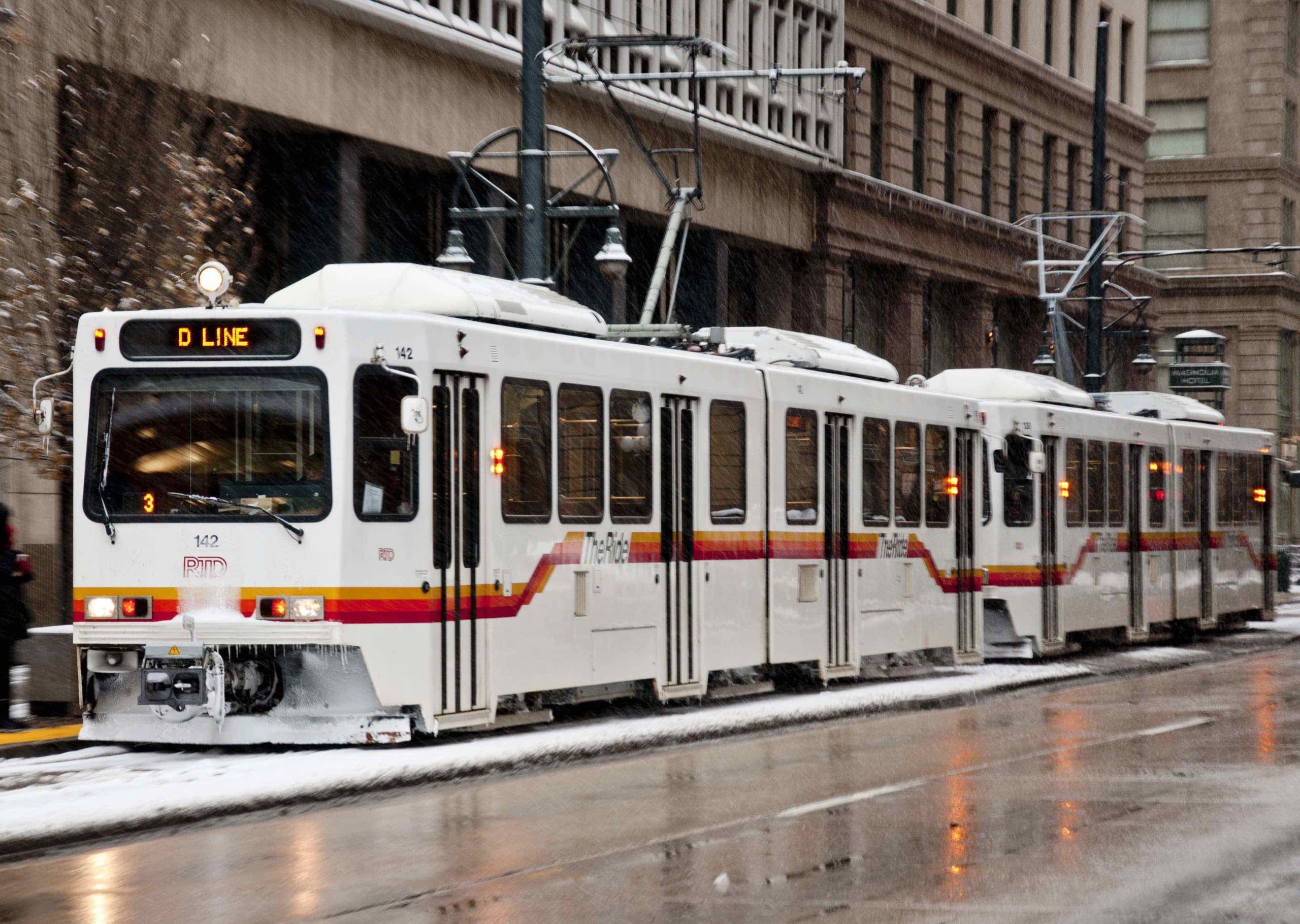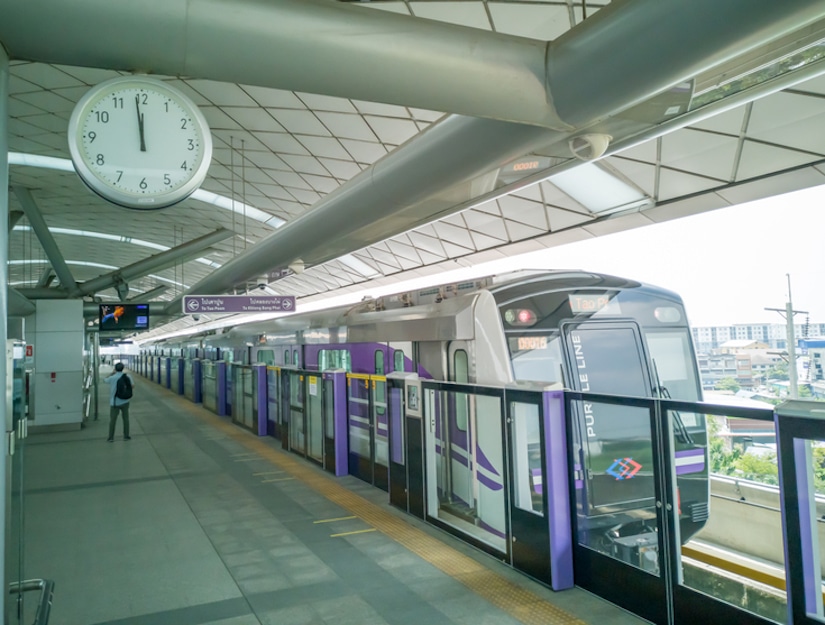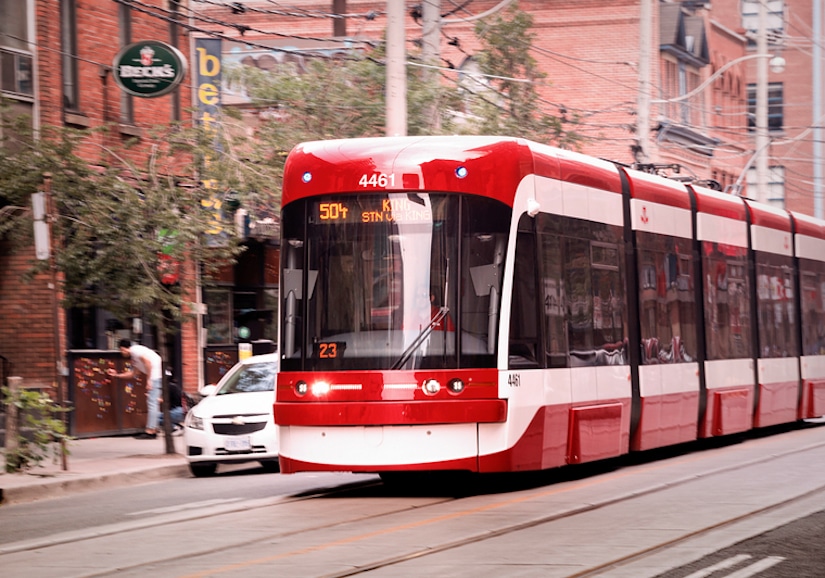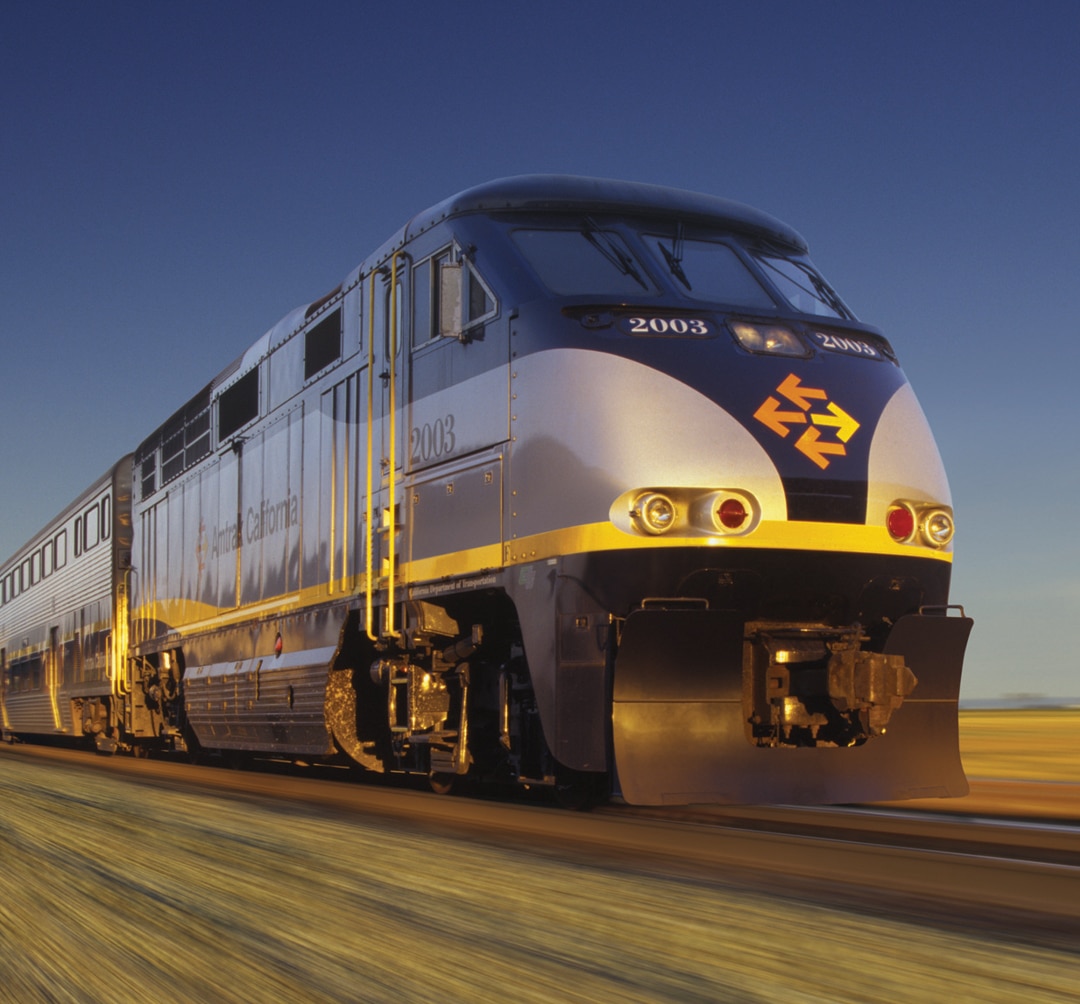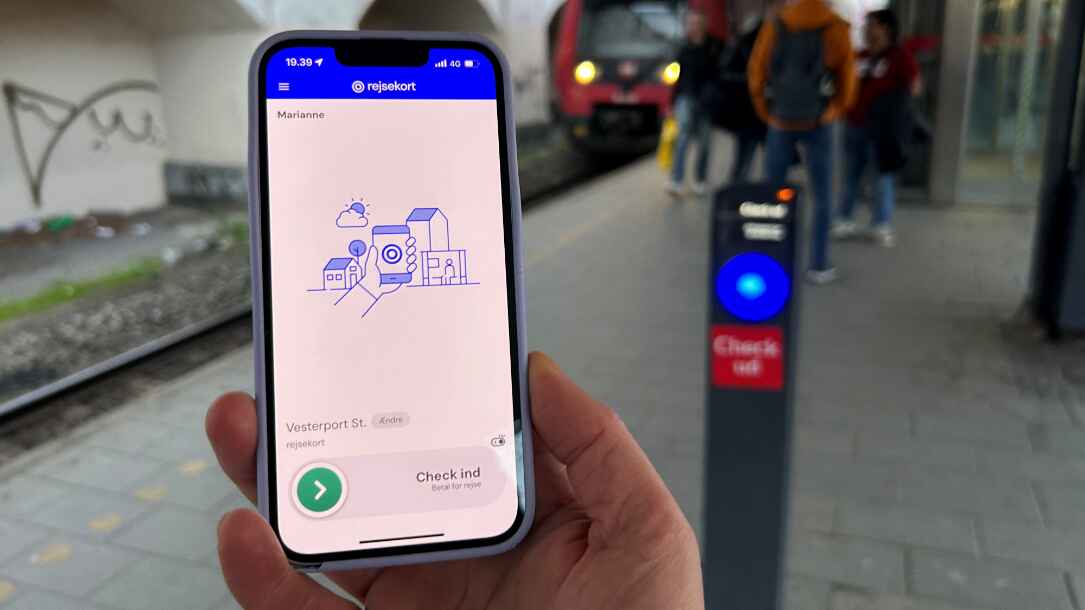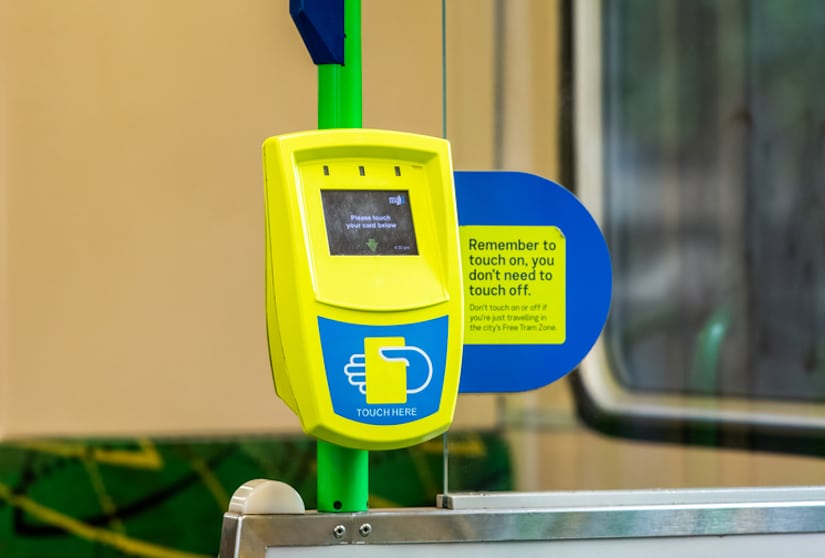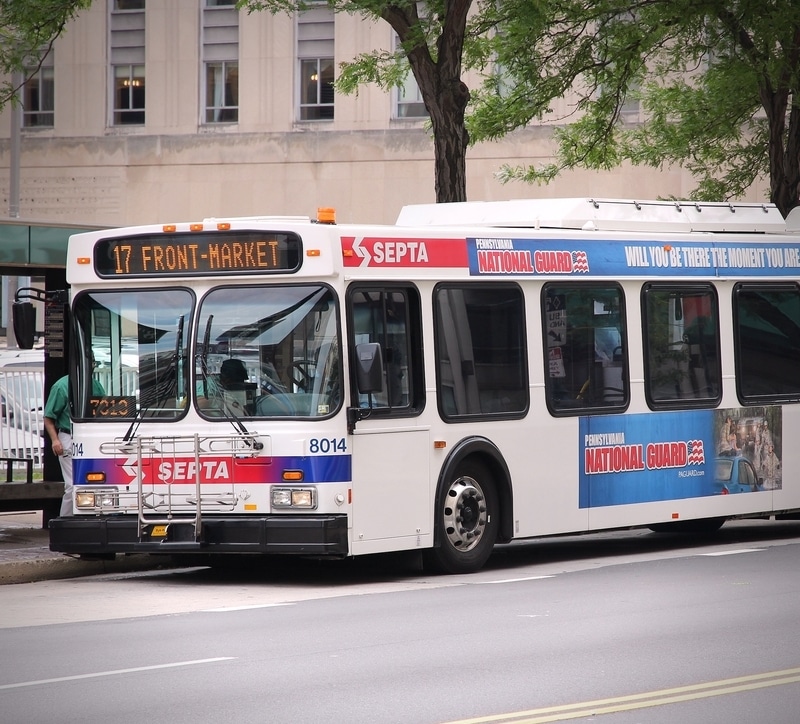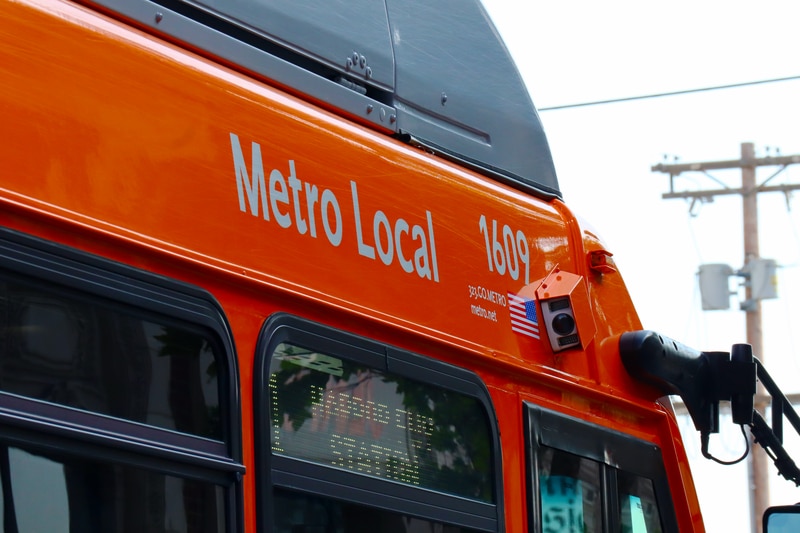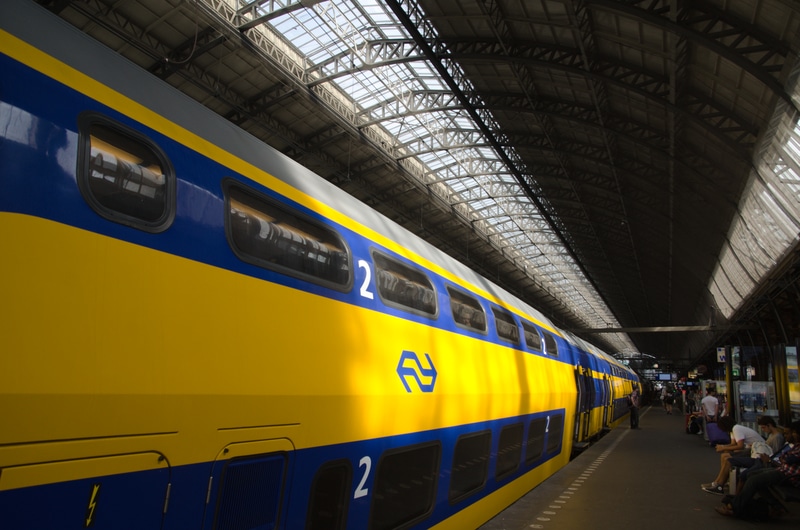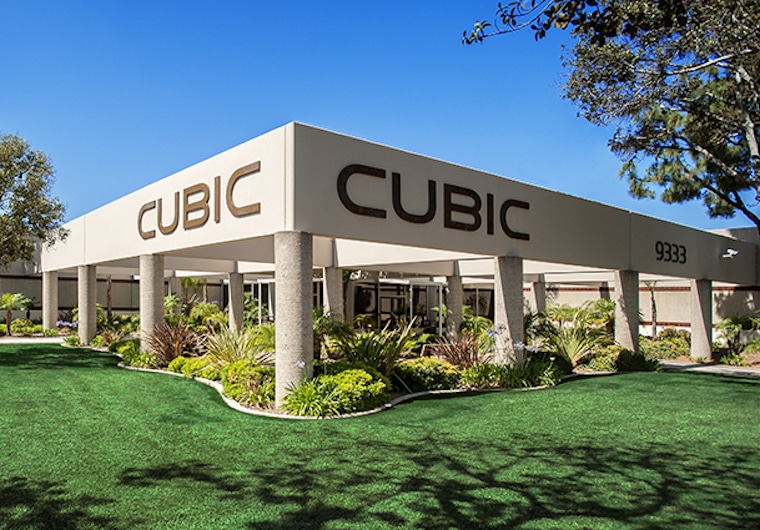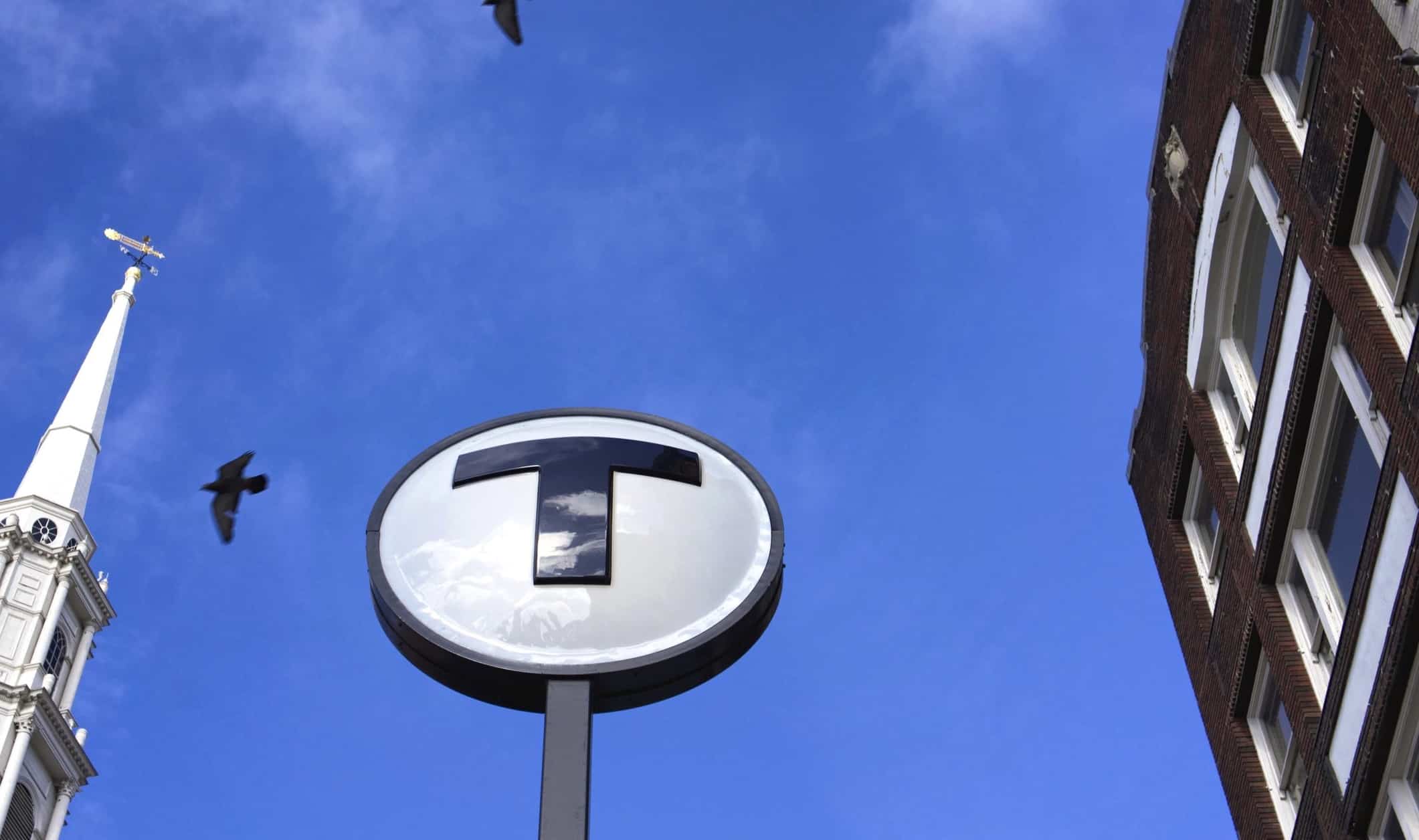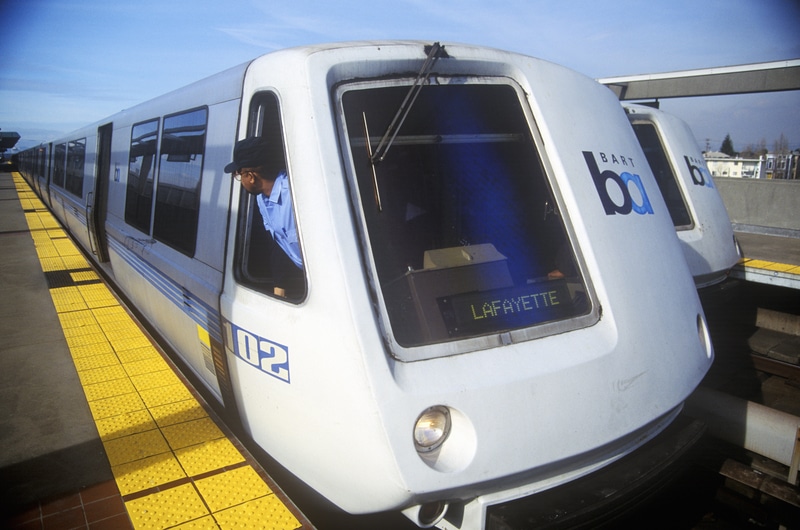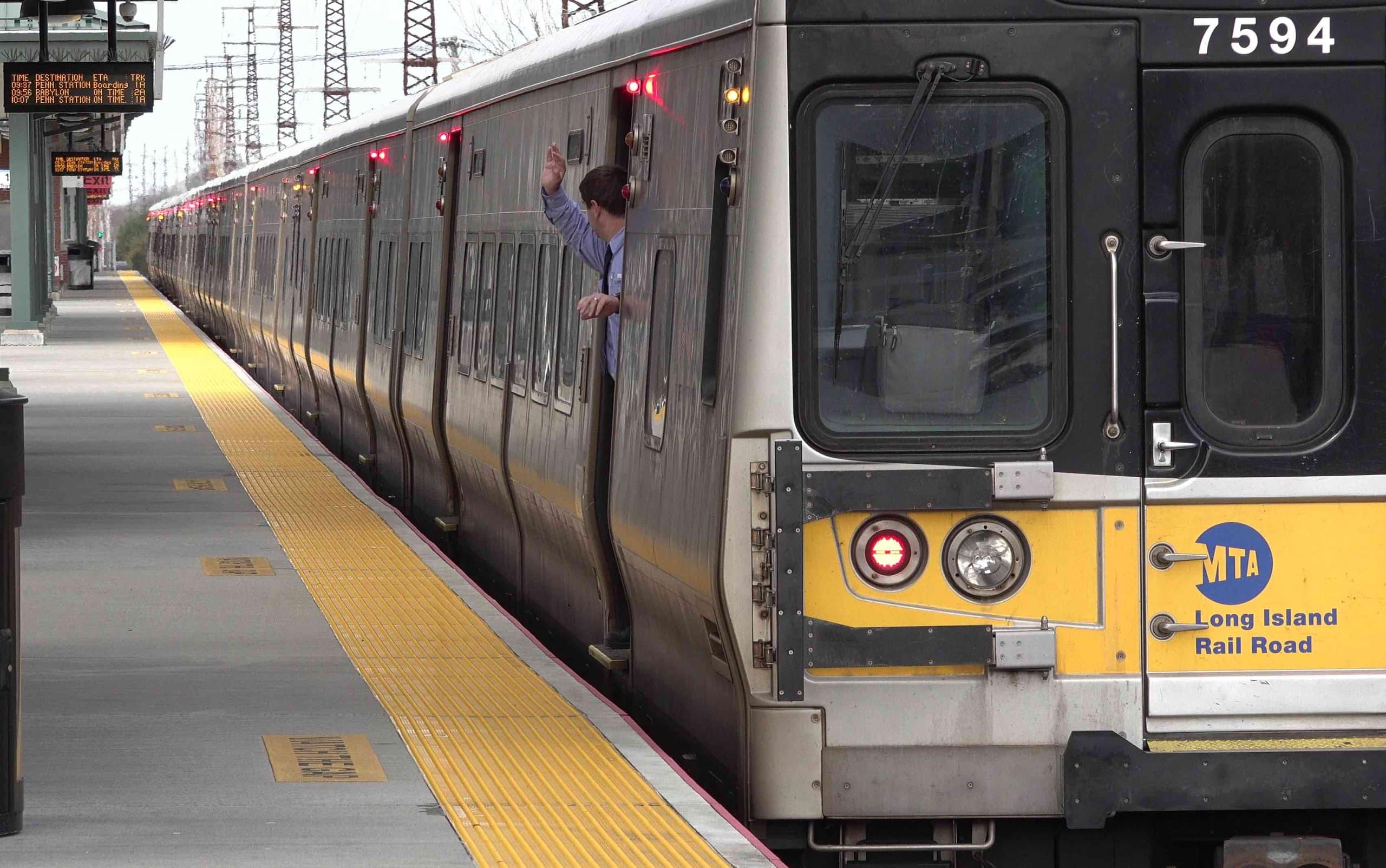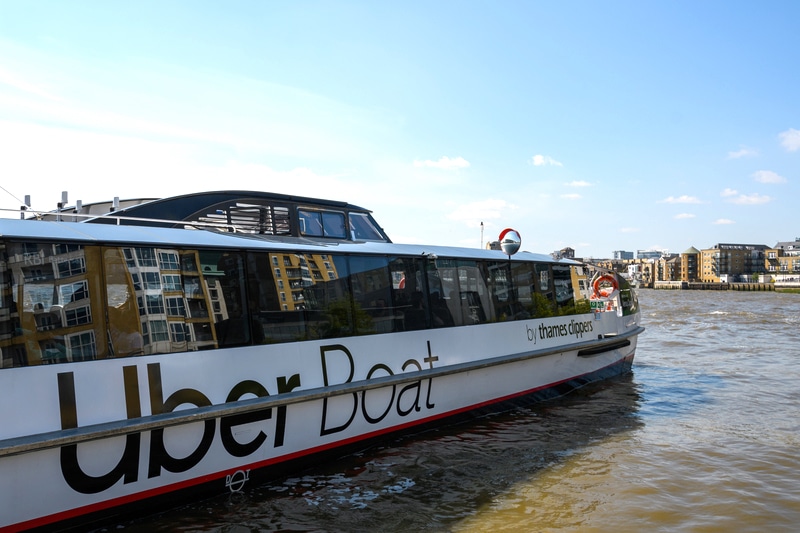
Article Highlights
Uber announced it would enable users of its ride-hailing app in the UK to also book and pay for tickets for intercity trains and coaches this summer, along with other travel modes. Uber’s attempt at enabling public transit ticketing in the U.S., however, has not gone as smoothly as planned.
RTC of Southern Nevada said ticketing sales in the Uber app made up 3.7% of nearly $900,000 in mobile-ticketing revenue in September 2021. For the fiscal year ending in 2021, RTC said it had a total of $35.6 million in fixed-route bus revenue, of which sales through Uber accounted for well under 1%. Sales in the Lyft app were even less.
• Uber
• RTD Denver
• RTC of Southern Nevada
• NEORide
• Lyft
• Masabi
Uber announced Wednesday that it would enable users of its ride-hailing app in the UK to also book and pay for tickets for intercity trains and coaches this summer, along with booking of car rentals. Plans call for adding airline and cross-channel train tickets later this year.







